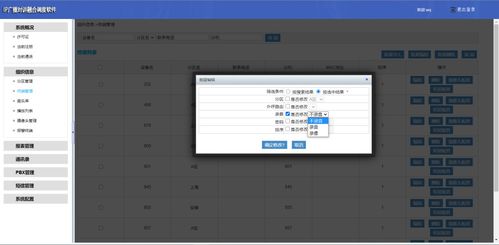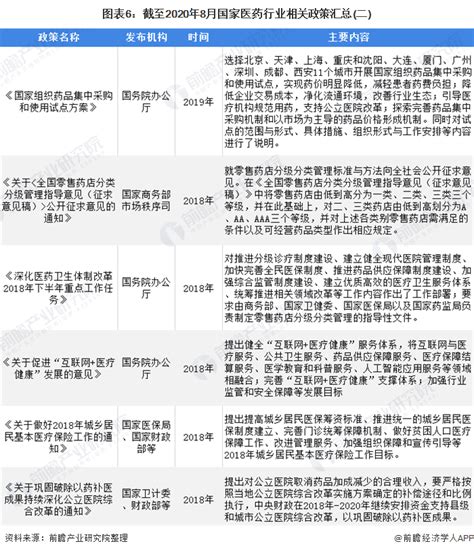法律问题解决方案
Title: Understanding Legal Adjudication Procedures
Legal adjudication procedures are critical processes within the legal system aimed at resolving disputes and administering justice. These procedures ensure fair and equitable outcomes while upholding the rule of law. Let's delve into the key aspects of legal adjudication procedures across various jurisdictions and offer guidance on navigating them effectively.
1. PreTrial Phase:
Investigation and Pleadings:
*Investigation:* Parties gather evidence, interview witnesses, and assess the merits of the case.
*Pleadings:* Formal documents filed by the parties, including complaints, answers, and counterclaims, outlining the issues in dispute.
2. Trial Phase:
Court Proceedings:
*Opening Statements:* Parties present an overview of their case's facts and legal theories.
*Examination of Witnesses:* Testimony provided under oath, subject to crossexamination.
*Presentation of Evidence:* Documents, exhibits, and other evidence presented to support arguments.
*Closing Arguments:* Summarization of the evidence and legal arguments, emphasizing key points.
3. PostTrial Phase:
Judgment and Remedies:
*Judgment:* Court's decision based on the evidence and applicable law.
*Remedies:* Courtordered relief, such as damages, injunctions, or specific performance.
Key Considerations:
1.
Legal Representation:
Seek competent legal counsel to navigate complex legal procedures and safeguard your rights.
Ensure clear communication with your attorney to understand the process and make informed decisions.
2.
Evidence and Documentation:
Thoroughly gather and organize evidence to support your case.
Adhere to rules of evidence to ensure admissibility and credibility.
3.
Court Etiquette:
Respect courtroom decorum and follow procedural rules to maintain credibility.
Address the judge and opposing parties with professionalism and courtesy.
4.
Settlement and Alternative Dispute Resolution (ADR):
Explore settlement negotiations or ADR methods, such as mediation or arbitration, to resolve disputes efficiently and costeffectively.
Assess the benefits and drawbacks of settlement options against the potential outcomes of trial.
Conclusion:
Understanding the nuances of legal adjudication procedures is essential for effective advocacy and ensuring just outcomes. By familiarizing oneself with the various phases of litigation and adhering to procedural requirements, parties can navigate the legal system with confidence. Seeking qualified legal guidance and approaching disputes strategically can enhance the prospects of success and facilitate the resolution of conflicts in a fair and timely manner.












评论